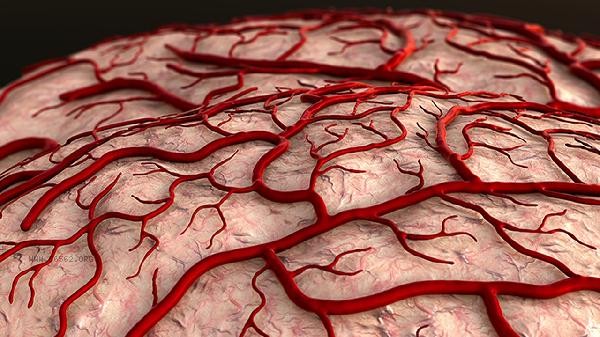The emergence of absurd thoughts in the brain is usually a manifestation of compulsive thinking, which is mostly a normal psychological phenomenon, and a few may be related to psychological disorders such as obsessive-compulsive disorder. Compulsive thinking refers to uncontrolled thoughts, images, or impulses that repeatedly occur, often accompanied by anxiety and resistance.

Most people occasionally have absurd thoughts, such as the impulse to jump off while standing at a high place, or worrying that they will harm others. These ideas often conflict with personal values and cause strong discomfort. The automatic thinking mechanism of the brain and excessive alertness of the amygdala may lead to such phenomena, which usually do not translate into action. Cognitive behavioral training, mindfulness meditation, and other methods can reduce anxiety, and realizing that these thoughts have no practical meaning is key. When absurd thoughts persist and seriously affect daily life, they may be related to pathological compulsive thinking. Abnormal brain function in patients with obsessive-compulsive disorder may lead to cognitive control disorders, and an imbalance of neurotransmitters in the prefrontal and basal ganglia can enhance repetitive thinking. If accompanied by compulsive behaviors such as repeated hand washing and checking, or spending more than 1 hour a day, it is recommended to seek psychological assessment. Diseases such as post-traumatic stress disorder and depression may also trigger invasive thinking.

Cultivating regular sleep patterns and moderate exercise can help regulate neurotransmitter balance and reduce rumination. When uncontrollable thoughts arise, you can try delaying your reaction for 15 minutes or keeping a mind diary to distinguish between reality and imagination. If self-regulation is ineffective or accompanied by sustained low mood, it is recommended to undergo exposure therapy or medication treatment under professional guidance. In most cases, these thoughts are just false alarms from the brain and do not need to be overly interpreted.








Comments (0)
Leave a Comment
No comments yet
Be the first to share your thoughts!